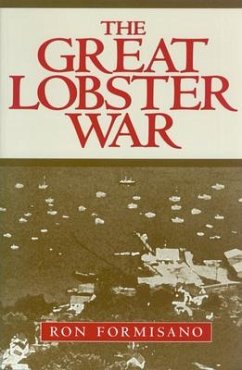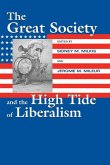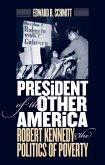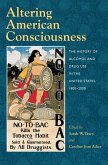A dramatic account of the clash of Maine lobstermen, dealers, and the federal government in the 1950s In 1955, the independent small owners who made up Maine's lobster fishery broke with tradition and established the Maine Lobstermen's Association (MLA), an organization formed to bargain with wholesalers for better lobster prices. But when the MLA called for strikes in 1957 after prices dropped for the second year in a row, dealers refused to negotiate and brought the U.S. Justice Department into the dispute. Soon the federal government indicted the MLA under the Sherman Antitrust Act and at the ensuing trial, weathered lobstermen in workshirts matched wits with a team of government lawyers from New York City. In The Great Lobster War, Ron Formisano offers a lucid description of the romance and reality of the Maine lobster industry, the strike, the trial, and the aftermath of the controversy. He views the "lobster war" as a classic American conflict between economic interest and independence and, ultimately, between cooperation and individualism. "Informative, moving, and humorous. Formisano displays strong narrative skill and is deft at penning sharp portraits of the diverse cast of characters -- the opposing lobstermen, the dealers, the lawyers on both sides, the judge-in ways that add to the drama and human interest of the story". -- Joseph Conforti, University of Southern Maine "A tale worth telling. That sizeable collection of summer folk, tourists, and lobster gourmets who frequent and love the coast of Maine will read it with great pleasure in their hammocks, Adirondack chairs, and cockpits". -- Henry F. Bedford, author of Seabrook Station: Citizen Politics and NuclearPower
Bitte wählen Sie Ihr Anliegen aus.
Rechnungen
Retourenschein anfordern
Bestellstatus
Storno







